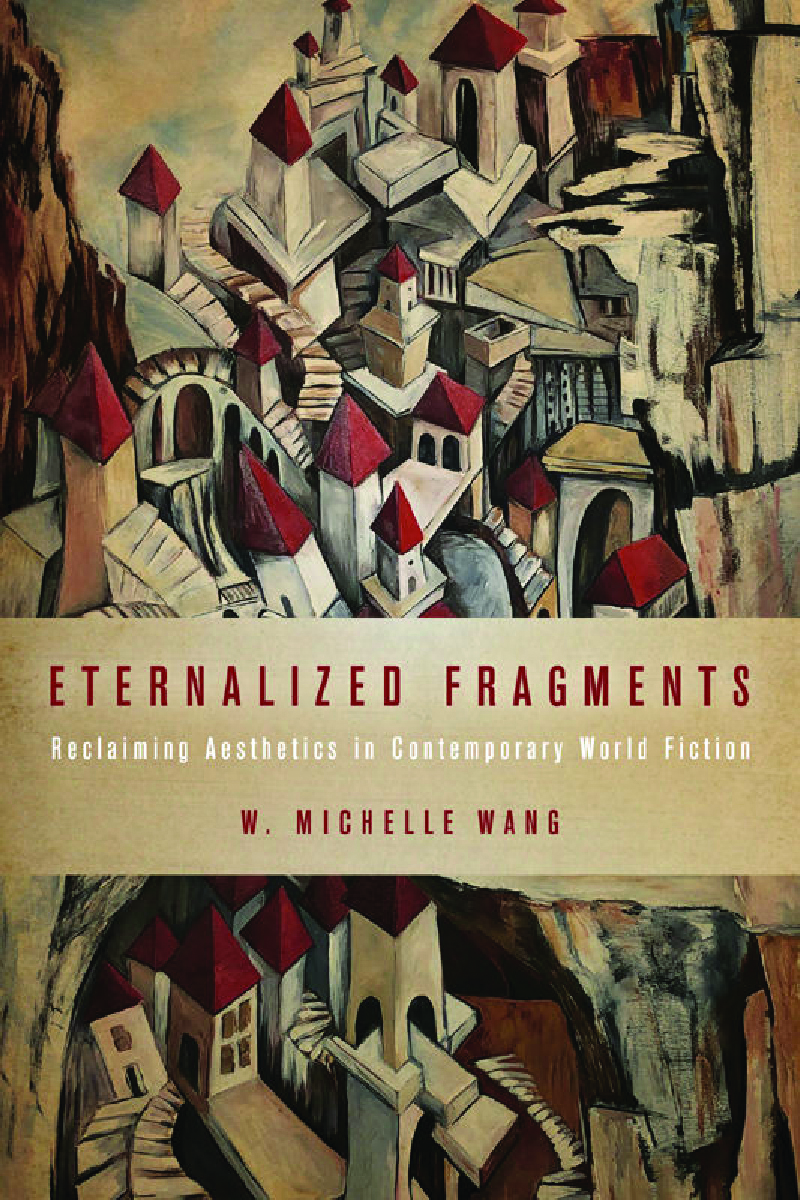A mirror into our love for fiction
Tracing the potential intersections between literature and cognitive neuroscience, NTU Asst Prof Michelle Wang explains how we derive pleasure from engaging with complex literary forms.

Asst Prof Michelle Wang's book explores the intersections between literature and cognitive research. Credit: NTU.
Literature, which is the art of language, plays a special role in our ability to understand the human world. Research at the intersection of neurobiology and the arts suggests that our love of literature draws upon evolutionarily important cognitive processes such as our ability to recognise visual objects.
In a study of contemporary world fiction, Asst Prof Michelle Wang of NTU’s School of Humanities traces the potential intersections between literature and cognitive research and explains how we derive pleasure from engaging with complex literary forms.
The reading of fiction can help us cope better with everyday life, from feeding our need for open-ended information and helping us engage with moral complexities to rewarding our limbic system (which regulates our emotions and behaviour) when we recognise sophisticated patterns.
The study “ Eternalized Fragments: Reclaiming aesthetics in contemporary world fiction” can be found in the book series Cognitive Approaches to Culture by The Ohio State University Press (2020), ISBN: 978-0-8142-7790-4.

.tmb-listing.jpg?Culture=en&sfvrsn=f43836b1_1)
.tmb-listing.jpg?Culture=en&sfvrsn=d9d3b962_1)
.tmb-listing.jpg?Culture=en&sfvrsn=fba51b63_1)
.tmb-listing.jpg?Culture=en&sfvrsn=ba129532_1)

